Television history is littered with shows that burst onto the scene with high expectations, only to fizzle out spectacularly. From bizarre concepts that left viewers scratching their heads to ill-fated spin-offs that couldn’t capture the magic of their predecessors, these TV flops are memorable for all the wrong reasons. While some were ambitious experiments that simply didn’t resonate, others were missteps that baffled audiences and critics alike. Here, we rank 20 of the most notorious TV flops, each a testament to the unpredictable nature of television success.
20. Cop Rock (1990) – ABC
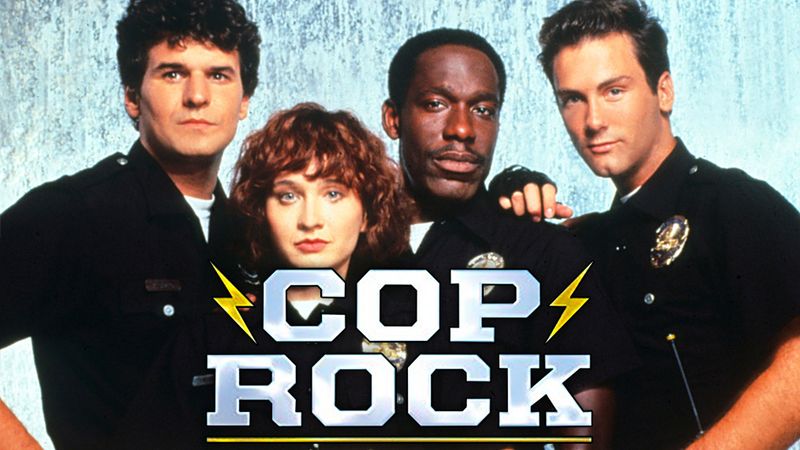
In an era where police dramas ruled the airwaves, “Cop Rock” dared to be different. But with musical numbers intertwined with criminal investigations, viewers were left bewildered rather than entertained. Why were police officers breaking into song? The concept was too avant-garde for its time, leaving audiences scratching their heads. The show’s jarring tonal shifts from gritty crime scenes to upbeat musical sequences proved to be its undoing. The premise was intriguing but ultimately failed to captivate a mainstream audience. A bold experiment, yet one that couldn’t strike the right chord.
19. My Mother the Car (1965) – NBC
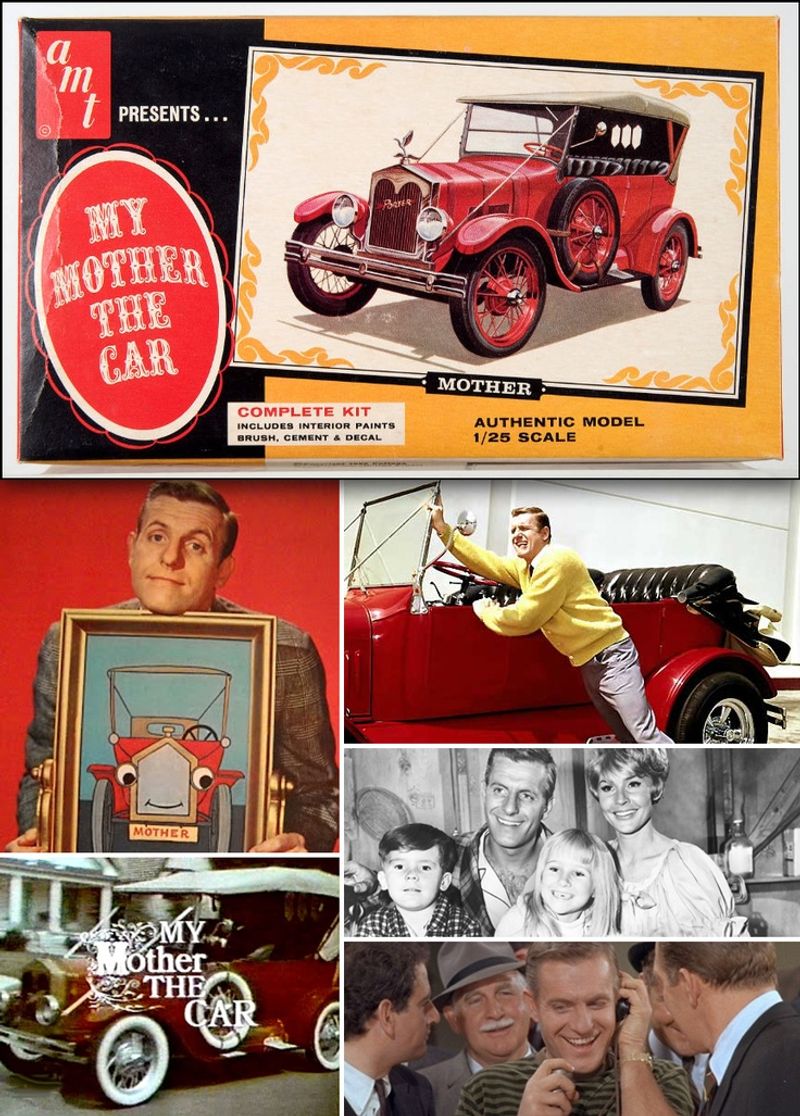
The 1960s saw its fair share of offbeat sitcoms, but none quite like “My Mother the Car.” Imagine your mother’s voice coming from a quirky antique car; it sounds like a joke, yet it was a real show. Jerry Van Dyke played the hapless son trying to navigate life with a reincarnated mother who beeped as much as she advised. Despite its odd charm, the concept was too eccentric, even for the swinging ’60s. The show’s novelty wore thin quickly, leaving it parked permanently in TV’s junkyard. A concept that defied logic, yet captured curious imaginations.
18. The Jerry Springer Show: Too Hot for TV (Late Run Specials)
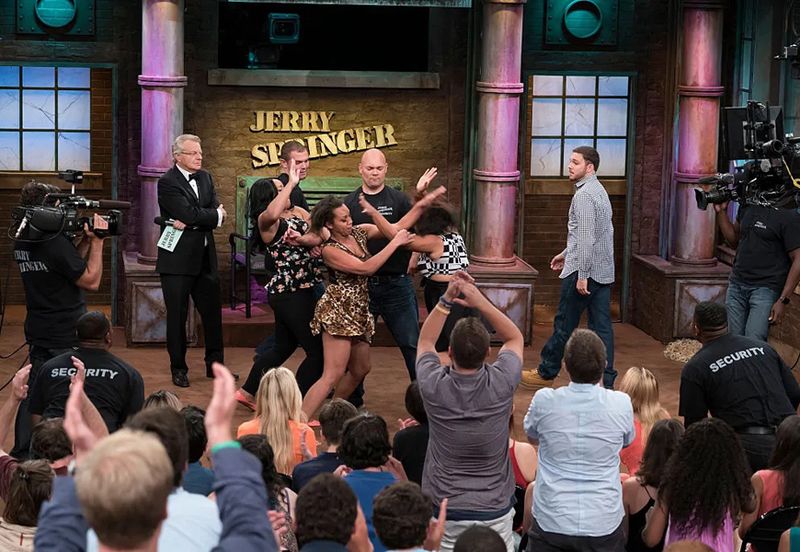
“The Jerry Springer Show” was the epitome of shock television, and its “Too Hot for TV” specials pushed the envelope even further. Known for its outrageous antics and sensational content, the series thrived on controversy. Yet, as the shock value wore off, so did its appeal. While it captivated audiences with its blend of drama and absurdity, critics deemed it a cultural nadir. The once-golden formula started to falter, leaving behind a legacy of questionable taste. A reminder of TV’s ability to both provoke and exhaust.
17. The Swan (2004) – Fox
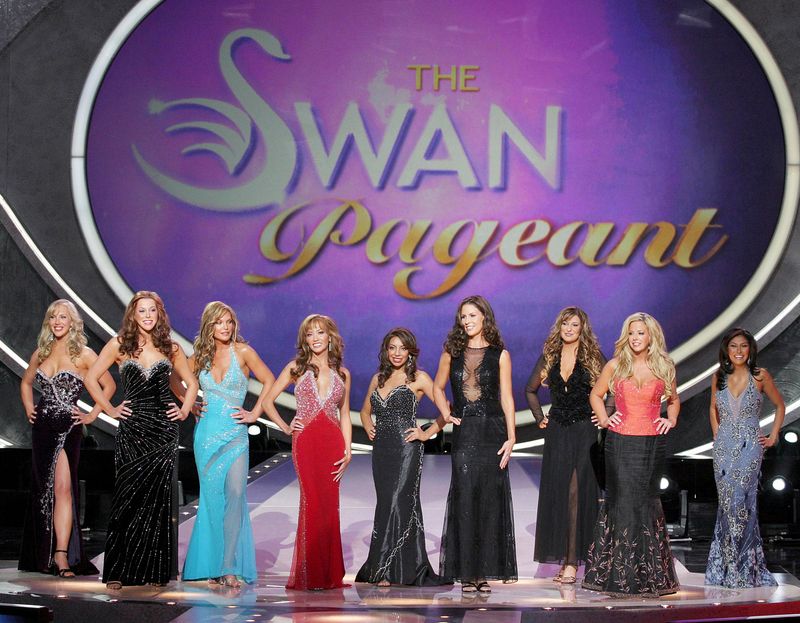
In the age of reality TV, “The Swan” stood out for its audacious take on makeover shows. Contestants underwent extensive cosmetic surgery, judged not just on their physical transformation but also on perceived beauty improvements. Critics lambasted it for promoting unrealistic standards and exploiting participants’ insecurities. The ethical questions surrounding the show overshadowed any entertainment value. Although it offered dramatic before-and-after reveals, the moral cost was too steep for many viewers. A reminder of reality TV’s sometimes uncomfortable dance with societal norms.
16. Manimal (1983) – NBC
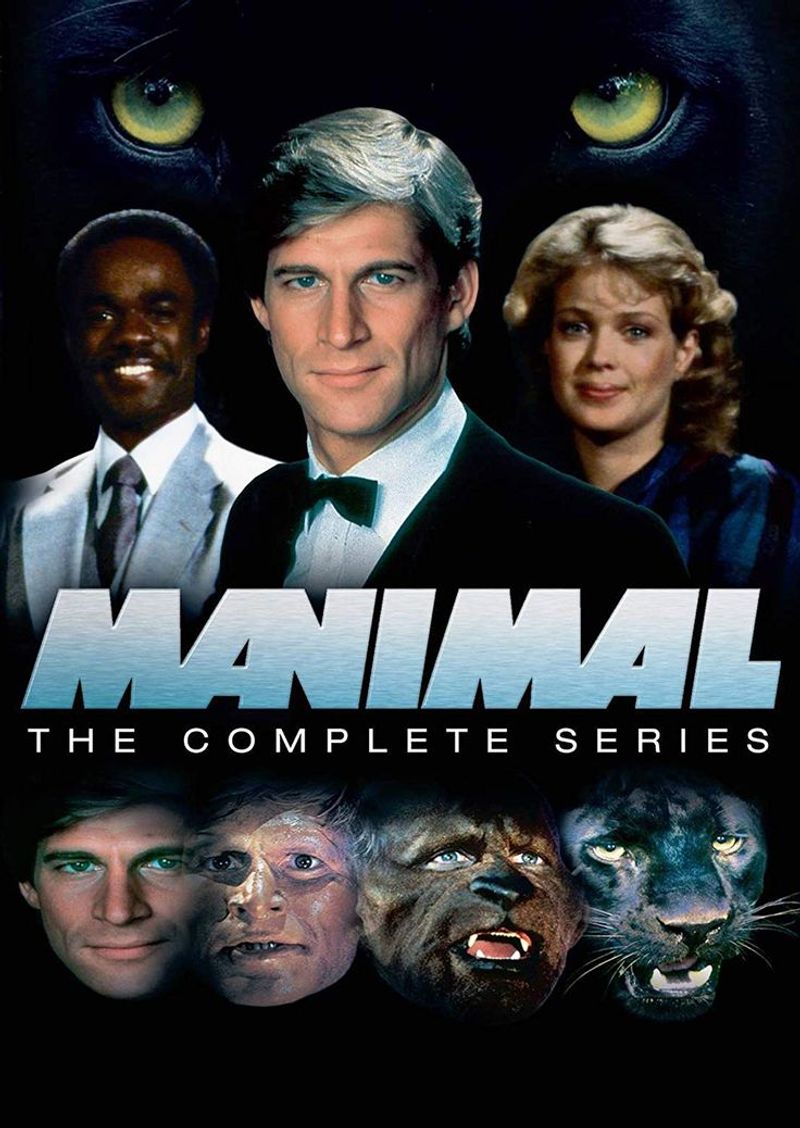
“Manimal” promised viewers the fantastical: a hero who could morph into any animal to solve crimes. Unfortunately, ’80s technology couldn’t quite deliver on such a grand vision. The transformation scenes, meant to dazzle, often drew unintended laughter. Despite its imaginative premise, the execution left much to be desired. The show’s ambitious spirit was overshadowed by clunky effects and storyline inconsistencies. Though it aimed for thrilling, it landed squarely in camp territory. A show ahead of its time, yet betrayed by its era’s limitations.
15. Viva Laughlin (2007) – CBS
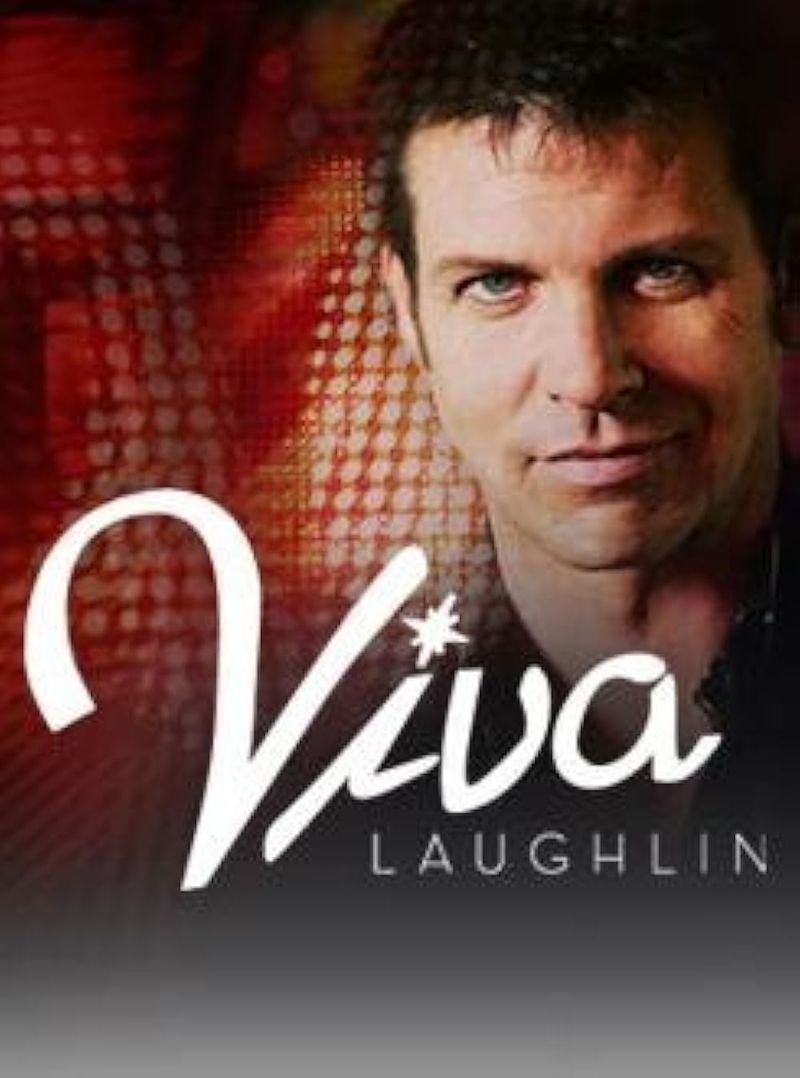
With Hugh Jackman at the helm, “Viva Laughlin” seemed destined for success. But blending a murder mystery with musical numbers proved a gamble too risky. The show’s attempt to offer something fresh felt disjointed, leaving viewers confused about its identity. The juxtaposition of upbeat tunes with crime storylines created jarring narrative shifts. Despite star power and an intriguing setting, it couldn’t maintain its footing. Audiences, expecting suspense or spectacle, found themselves tuning out. A reminder that star wattage can’t always illuminate convoluted storytelling.
14. Emily’s Reasons Why Not (2006) – ABC
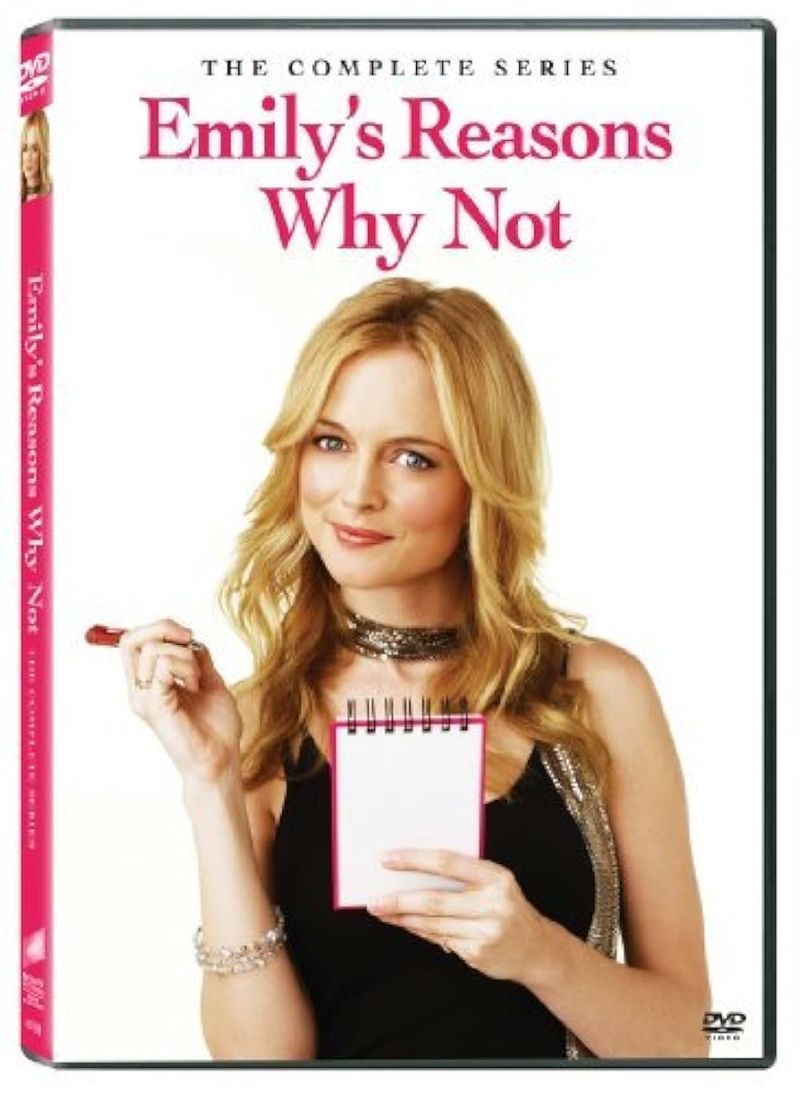
“Emily’s Reasons Why Not” came with a flurry of hype, touted as ABC’s next sitcom hit. Yet, despite the promotional blitz, it fizzled after just one episode. What went wrong? Critics pointed to a lack of originality and depth, with characters and storylines that failed to resonate. The titular character’s dating dilemmas, meant to be relatable, came off as cliché. The show’s quick cancellation was a testament to its inability to capture viewers’ hearts. A brief blip on the TV radar, quickly overshadowed by more compelling offerings.
13. The Paul Reiser Show (2011) – NBC
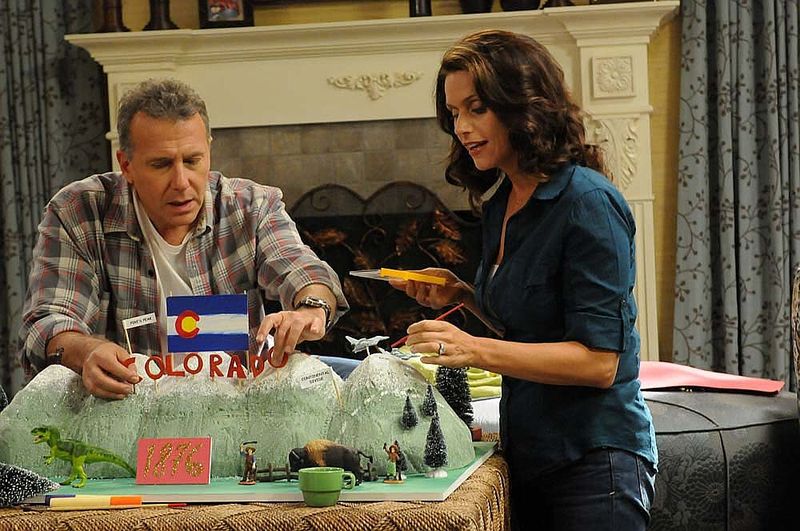
After “Mad About You,” fans eagerly anticipated Paul Reiser’s return to television. But “The Paul Reiser Show” struggled to find its footing, lasting just two episodes. Reiser played a version of himself, navigating life post-fame, yet the meta-humor missed its mark. The series lacked the warmth and wit that endeared his earlier work to audiences. Critics pointed to its reliance on insider jokes that alienated the uninitiated. Ultimately, it served as a reminder that nostalgia can’t always rekindle past glories. A show that arrived with promise, yet departed with barely a whisper.
12. Cavemen (2007) – ABC
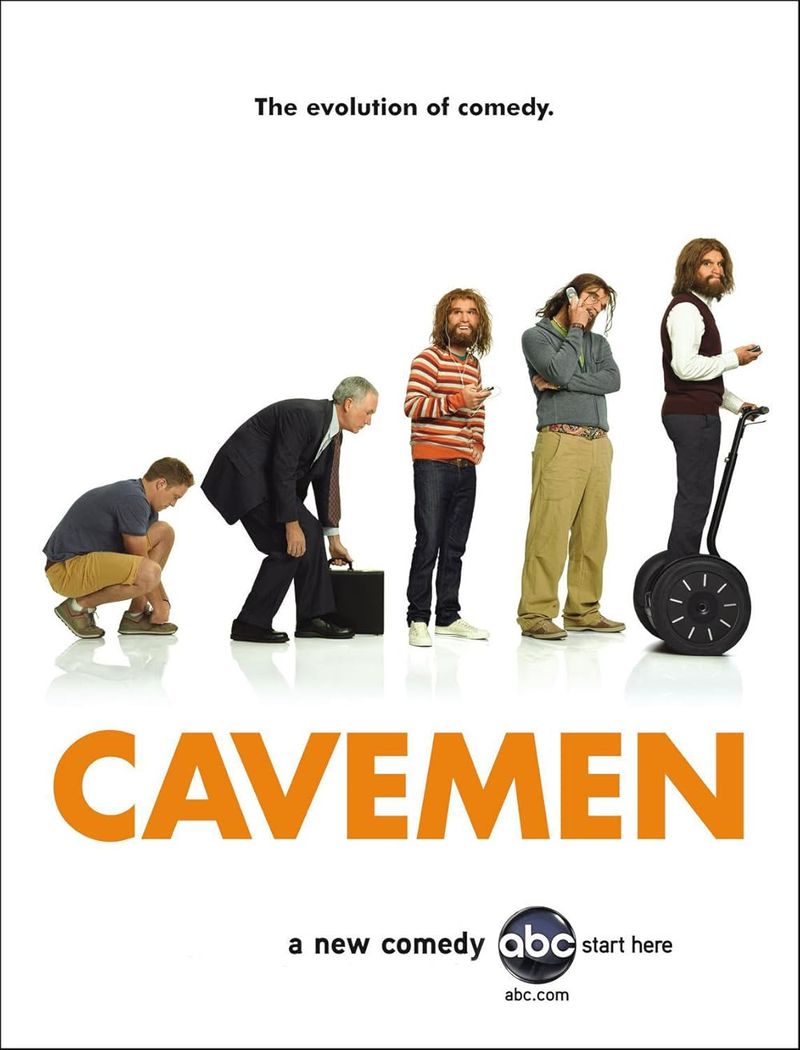
Inspired by popular Geico commercials, “Cavemen” attempted to extend the humor into a full series. However, what worked in 30-second bursts fell flat in a sitcom format. The characters’ fish-out-of-water antics, meant to be endearing, quickly grew tiresome. Critics panned it for relying on a thin premise, stretched beyond its limits. Viewers, intrigued by the novelty, soon lost interest as the episodes failed to evolve. A quirky idea that couldn’t sustain itself, ultimately leaving a fossilized impression in TV history.
11. Joey (2004–2006) – NBC
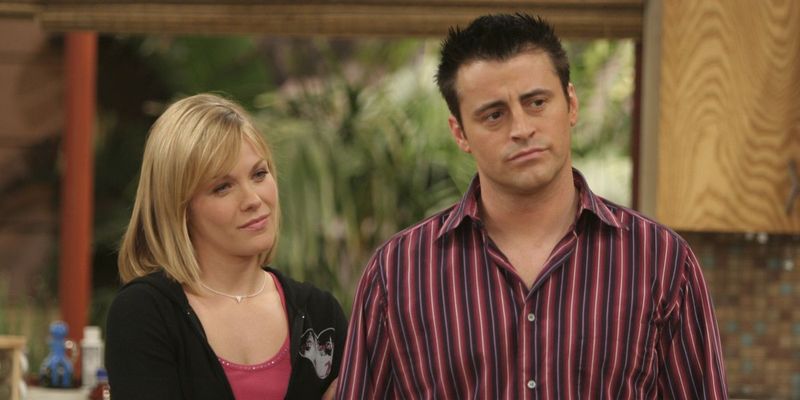
“Friends” was a cultural phenomenon, and “Joey” hoped to ride that wave. Yet, the spin-off struggled to replicate its predecessor’s charm. Matt LeBlanc reprised his role, but without his ensemble cast, the magic dissipated. Critics noted a lack of chemistry and engaging storylines, leaving the series adrift. Despite a promising premise, it couldn’t capture the humor and heart that made “Friends” iconic. A reminder that lightning rarely strikes twice, even in beloved TV worlds. While it had its moments, “Joey” ultimately couldn’t find its own footing.
10. Work It (2012) – ABC

In “Work It,” two men masqueraded as women to secure employment—a concept that drew immediate ire. Critics slammed it as outdated and tone-deaf, especially in an era of heightened gender sensitivity. The show’s humor, reliant on tired stereotypes, was widely panned. Viewers found little to connect with, leading to its swift cancellation. Despite its attempt at social commentary, it stumbled over its own premise. A stark reminder of the pitfalls in attempting humor that doesn’t evolve with the times. Quickly forgotten, yet a lesson in the importance of cultural awareness.
9. Beverly Hills Buntz (1987) – NBC
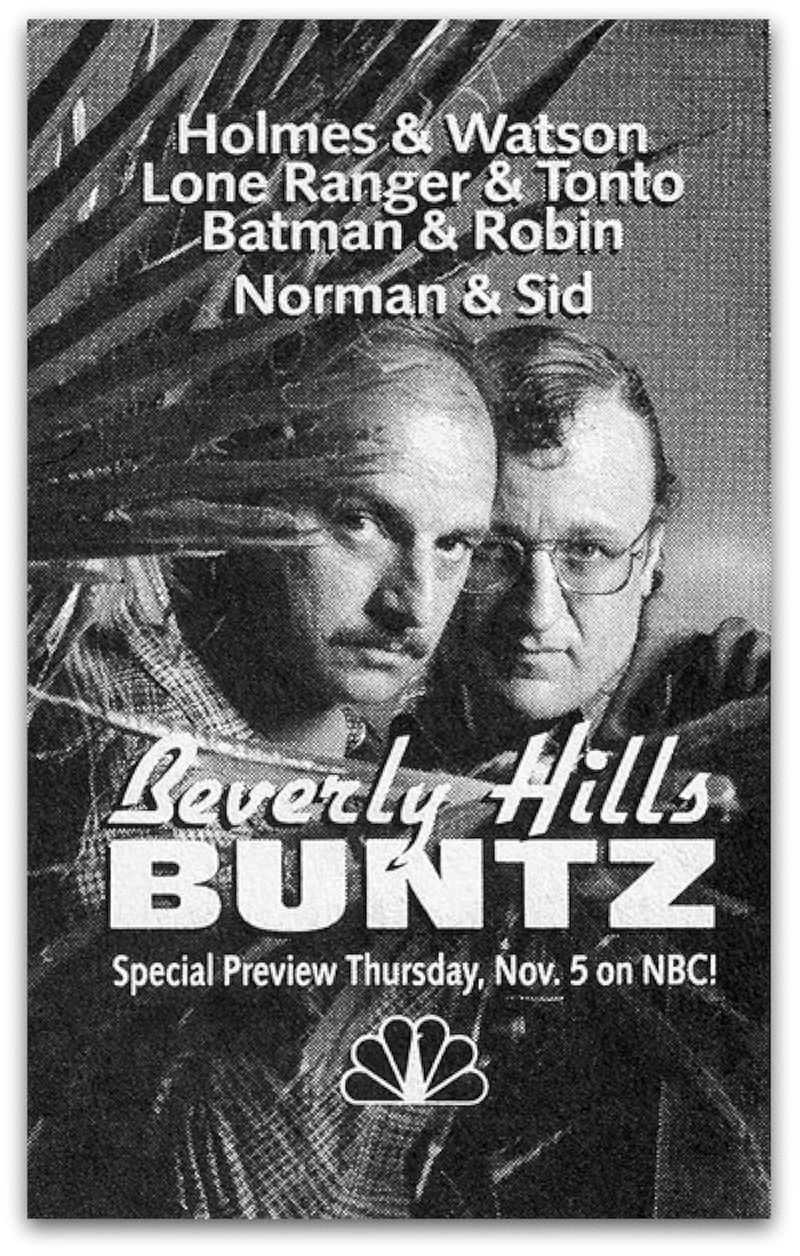
A spin-off of “Hill Street Blues,” “Beverly Hills Buntz” aimed to blend crime-solving with humor. Yet, the mix felt awkward, and audiences weren’t buying it. Despite a rich setting and ties to a beloved series, it struggled to establish its own identity. The show’s attempt at comedy often clashed with its crime drama roots. Viewers, expecting depth and intrigue, found themselves disappointed by its shallow execution. A show that arrived with pedigree, yet left without making a lasting impact. An experiment that highlighted the challenges of genre-blending in TV.
8. Homeboys in Outer Space (1996) – UPN
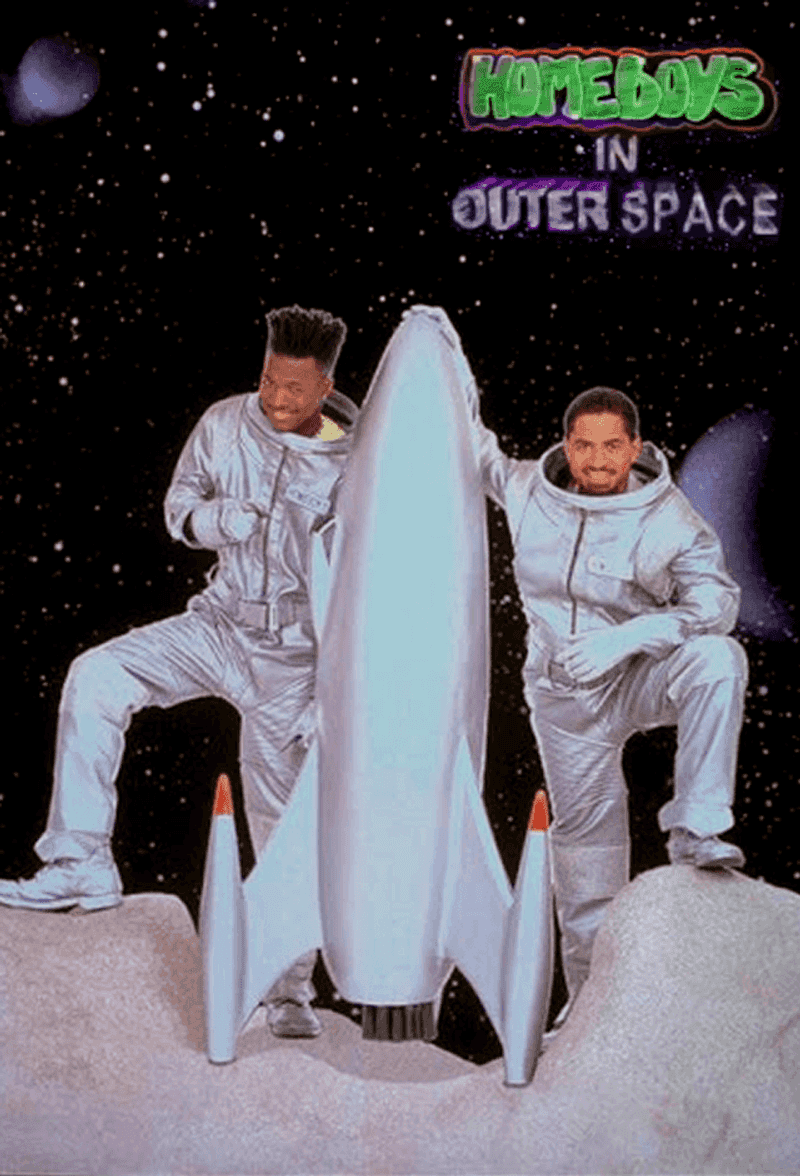
“Homeboys in Outer Space” was a bold mix of buddy comedy and science fiction, yet it faltered from the start. Critics panned its reliance on stereotypes, detracting from its adventurous premise. The show attempted to merge urban humor with interstellar escapades, but the execution was clunky. Viewers struggled to connect with its characters and plotlines, leading to dwindling interest. Despite its unique concept, it couldn’t escape its own limitations. A reminder that innovation requires more than novelty, sometimes needing finesse and depth to truly take off.
7. Ravenswood (2013–2014) – ABC Family
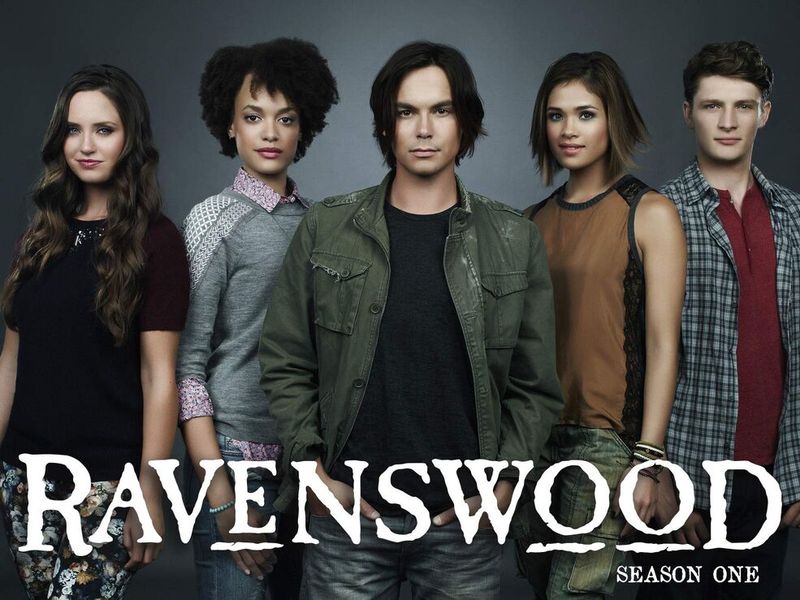
As a spin-off of “Pretty Little Liars,” “Ravenswood” had high expectations to meet. Yet, it couldn’t capture the suspense and intrigue that made its predecessor a hit. The show’s focus on supernatural elements alienated viewers, who preferred the original’s grounded mystery. Despite its atmospheric setting and potential, it struggled to find a cohesive narrative. The connection to “Pretty Little Liars” wasn’t enough to sustain interest, leading to its premature end. A testament to the challenges in expanding a beloved TV universe without losing its core appeal.
6. The Secret Diary of Desmond Pfeiffer (1998) – UPN
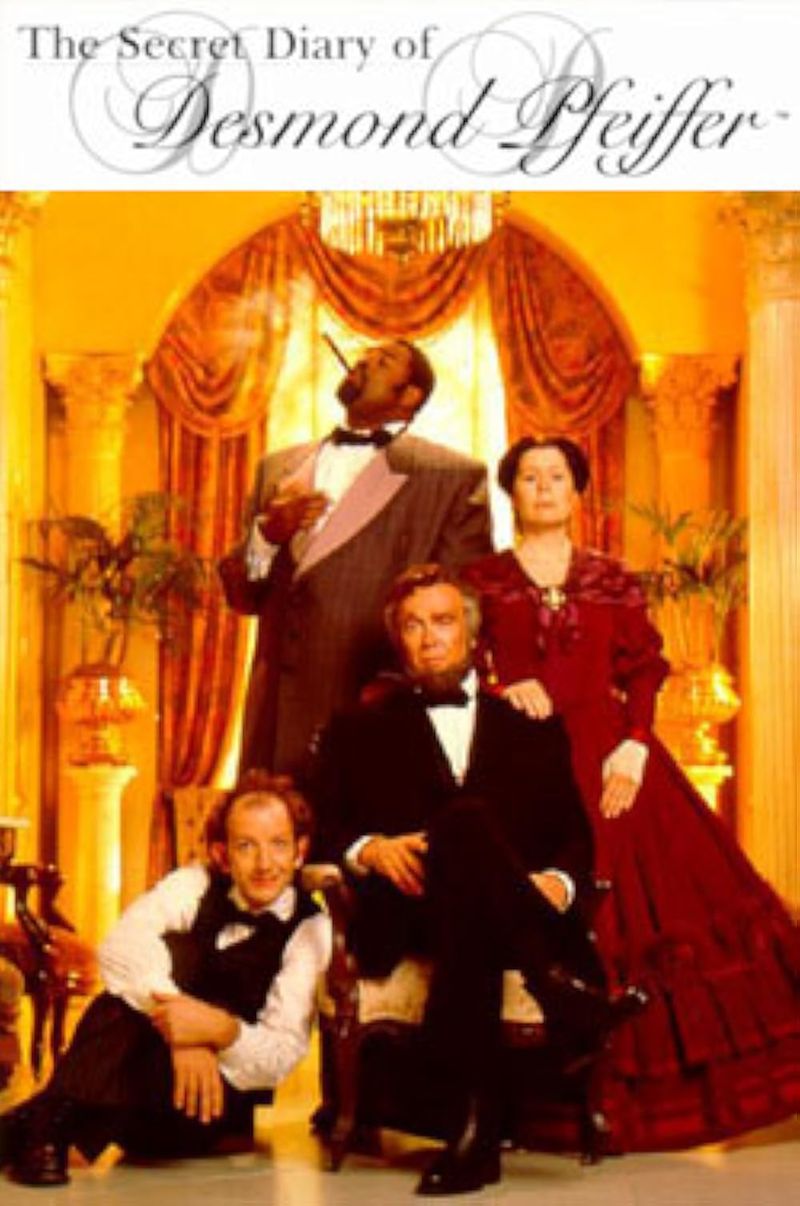
Set against the backdrop of the Civil War era, “The Secret Diary of Desmond Pfeiffer” tried to marry humor with history, but missed the mark. Its use of slavery-era context for comedic purposes sparked controversy and condemnation. Critics and audiences alike found its premise distasteful, overshadowing any comedic intent. The show’s humor, meant to be irreverent, instead felt insensitive. Despite its attempts at satire, the backlash was swift, leading to its quick cancellation. A show that serves as a reminder of the delicate balance needed in historical comedy.
5. Do No Harm (2013) – NBC

“Do No Harm” offered a modern twist on the Jekyll-and-Hyde tale, set in a medical landscape. However, its premiere was historically low-rated, signaling trouble from the start. Critics pointed to its convoluted plot and lack of engaging characters, which deterred viewers. Despite its intriguing premise, the execution failed to build suspense or empathy. The show’s rapid decline highlighted the challenge of reinventing classic tales for contemporary audiences. A reminder that even with familiar themes, execution and connection are key to success.
4. Quarterlife (2008) – NBC
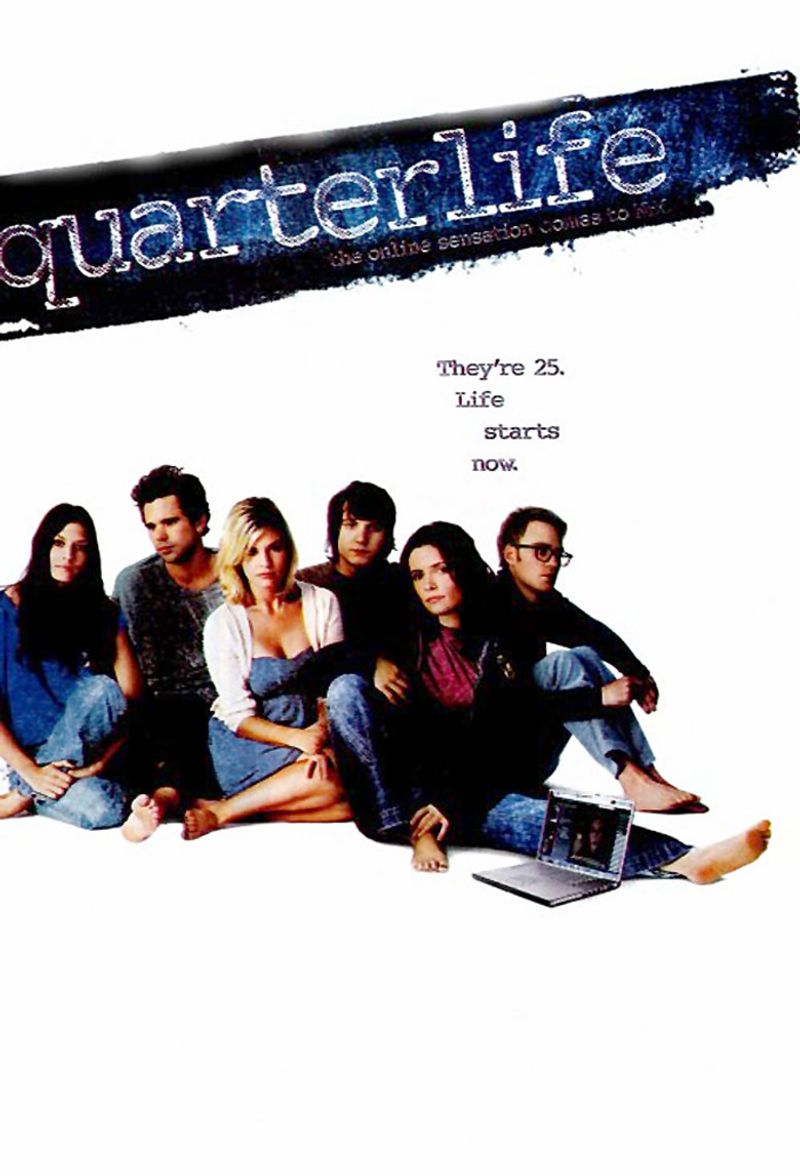
“Quarterlife” was a pioneering attempt to transition an internet series to network TV. Yet, it faced hurdles from the outset. The show’s portrayal of millennial struggles in a digital era felt out of sync with its new audience. Critics noted its niche appeal, failing to capture the broader viewer base needed for survival. Its single airing marked the end of an experiment in cross-platform storytelling. A reminder of the complexities involved in adapting content across mediums. Though innovative, it serves as a cautionary tale about understanding audience dynamics.
3. The Powers That Be (1992–1993) – NBC
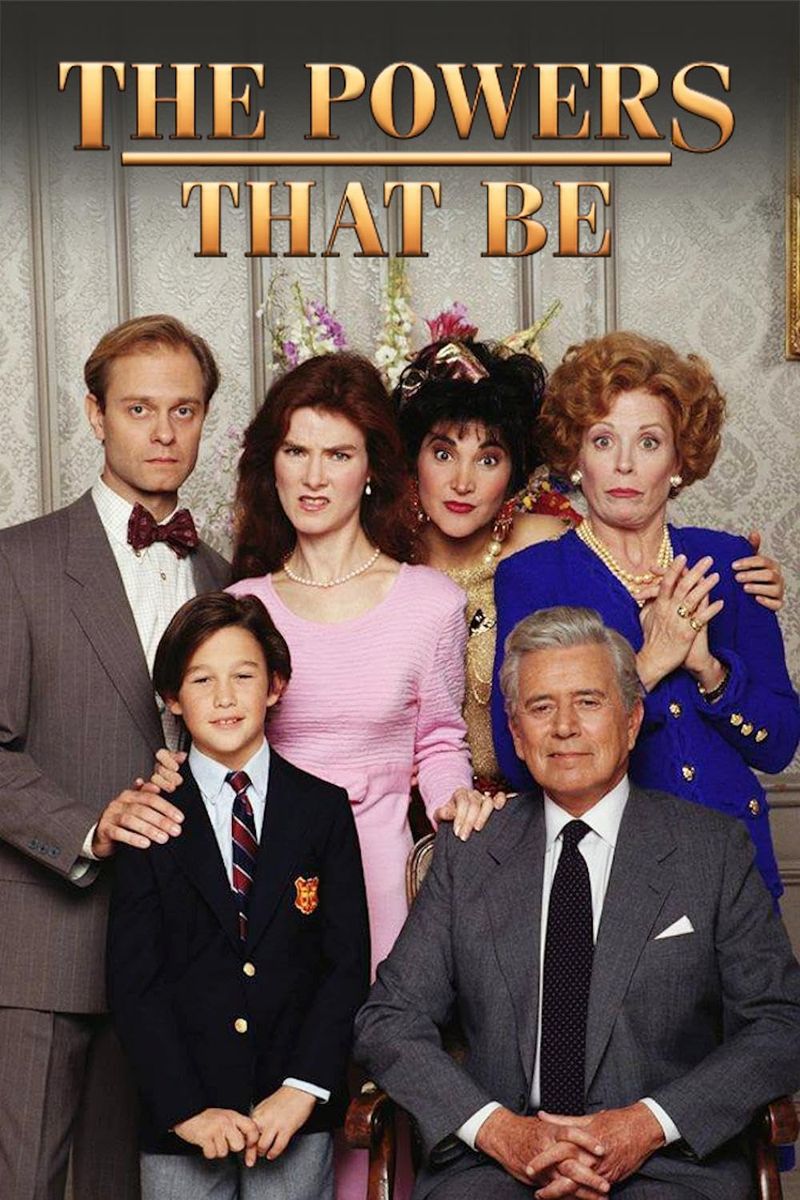
With creators like Norman Lear and stars such as David Hyde Pierce, “The Powers That Be” seemed destined for greatness. Yet, its satirical take on political life failed to resonate widely. Despite clever writing and talented actors, the show’s humor struggled to find a broad audience. Critics appreciated its wit, but it remained underappreciated during its run. The series highlighted the challenges of balancing satire with mainstream appeal. A hidden gem for some, but ultimately a fleeting presence on the TV landscape. A reminder of the fine line between niche acclaim and widespread success.
2. Mulholland Drive (2000) – ABC (Pilot)
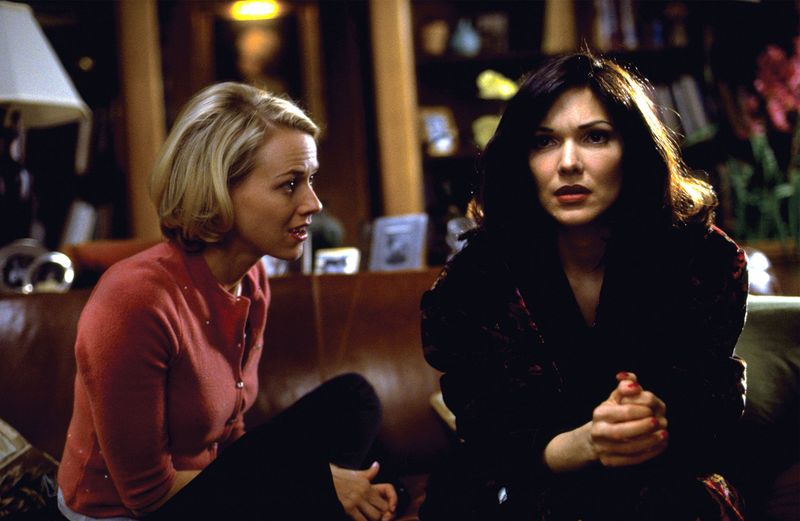
Originally conceived as a TV pilot, “Mulholland Drive” found new life as a cult classic film. Its surreal narrative and enigmatic characters were too unconventional for network television. The pilot’s rejection highlighted the constraints often faced by avant-garde storytelling in mainstream media. Despite its initial stumble, director David Lynch’s vision eventually captivated audiences in cinema. The show’s journey from pilot to film serves as a testament to the resilience of creative storytelling. A reminder that sometimes, the right medium can transform a perceived failure into an iconic masterpiece.
1. The Chevy Chase Show (1993) – Fox
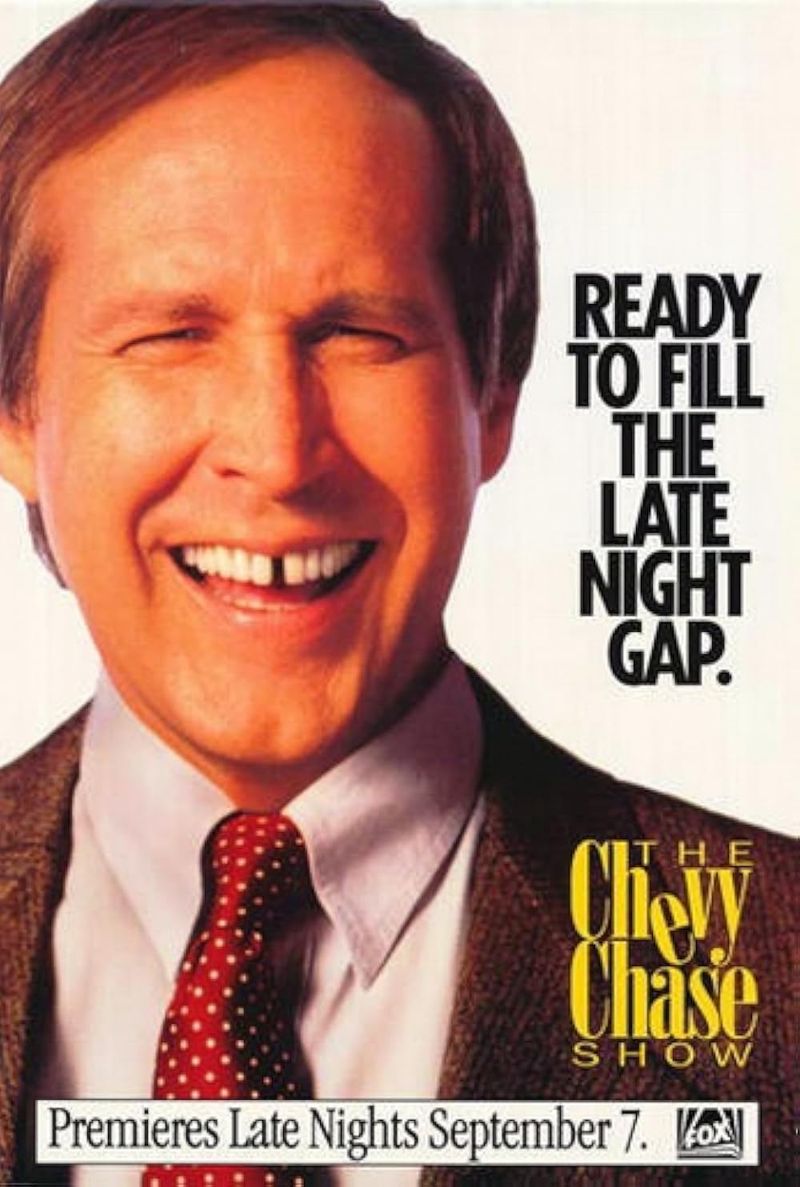
Chevy Chase, a beloved comedian, ventured into late-night TV hoping to charm audiences. However, “The Chevy Chase Show” was awkwardly executed, with humor that often fell flat. Critics pointed to its lack of direction and Chase’s uncomfortable hosting style, which detracted from its appeal. Despite his star power, the show struggled to find its voice, leading to its swift cancellation. A venture that promised much but delivered little, highlighting the nuances required in late-night television. A reminder that even comedic legends can face challenges in new domains.

Comments
Loading…